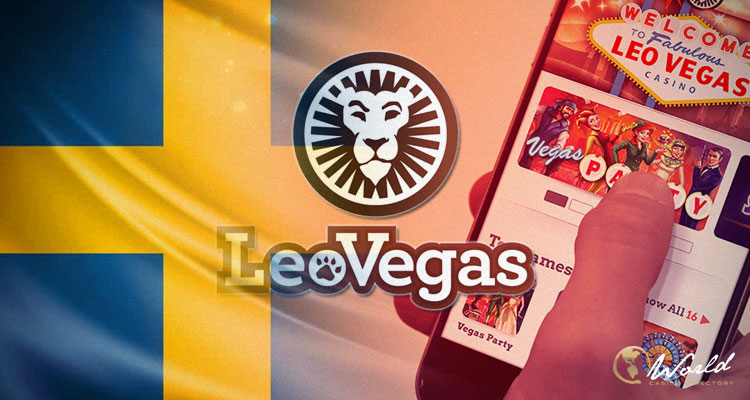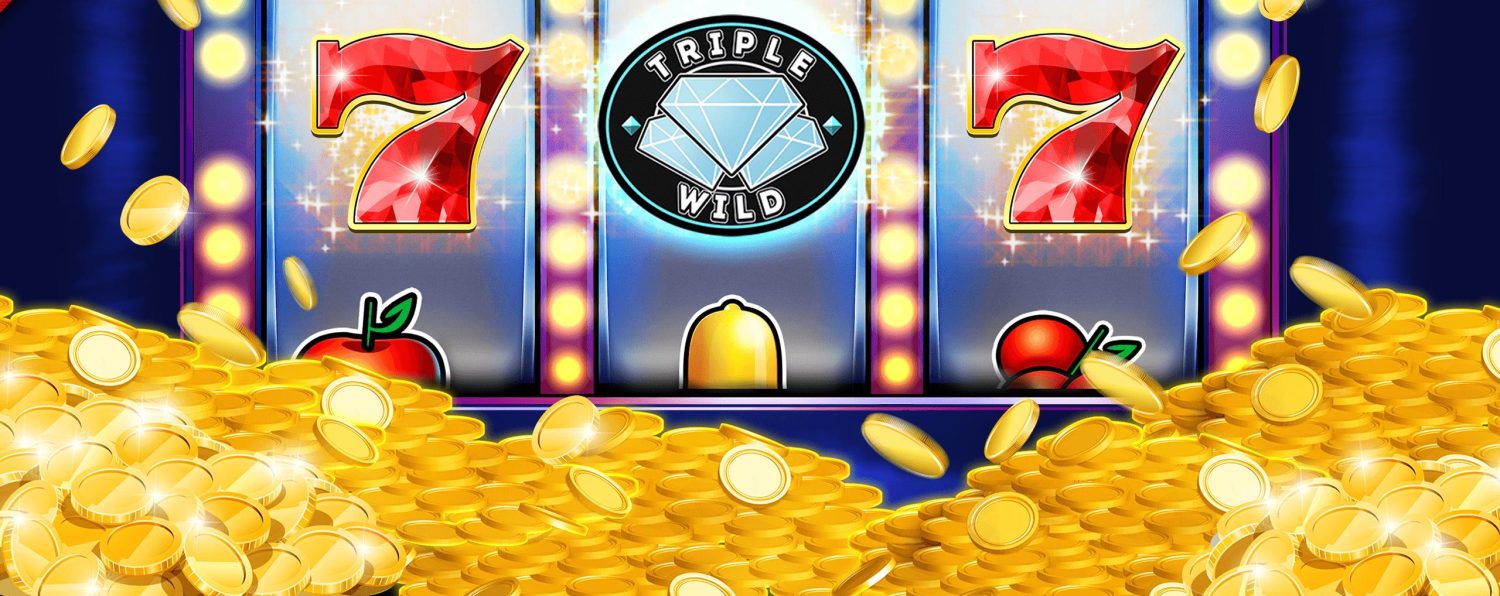
Recently, Stockholm-based LeoVegas Group, a flagship global iGaming company offering online casino, live casino and sports wagering, received three five-year licenses, the so-called “B2B licenses”, by the Swedish Gambling Authority to manufacture and provide gaming software in Sweden. However, these licenses, which will take effect from July 1, 2023, have been given to the Blue Guru Games, the company’s game studio, and two platforms.
Certain companies are required to have a Swedish license:
Licenses are something of a key importance for providing software to licensed operators and a key step in stopping unlicensed gaming companies from strengthening their influence on the Swedish gaming market.
In this regard, taking effect from July 1, 2023, under the Swedish Gambling Act, firms that manufacture, provide, install or modify game software used in online gaming must hold a license.
An important player in the iGaming industry:
Since its establishment, LeoVegas Group has consistently worked towards rapid growth, which has led it to develop from an operator to an integral player within the iGaming industry value chain through the evolution of games and platform. Moreover, having now received the aforementioned three five-year B2B licenses from the Swedish Gambling Authority, it can proudly state that it continues to move in the right direction. However, as noted above, these licenses were originally given to Blue Guru Games and the company’s two platforms (PAM). Commenting on the new licenses, Gustaf Hagman, CEO of LeoVegas Group, said: “We welcome the introduction of B2B licenses, a decisive step towards mitigating the impact of key gaming software being simultaneously provided to licensed operators and unlicensed operators targeting Swedish players. With the new regulations in force, it is now critical that authorities focus on those suppliers deliberately undermining the Swedish licensing system by facilitating unlicensed gaming.”
On May 1, LeoVegas Group revealed its plans to purchase Push Gaming, which is also licensed by the Swedish Gambling Authority and possess two B2B licenses. The purchase is projected to be finished in the third quarter of 2023.
B2B licensing system:
In 2019, the initiation of Swedish gaming licenses marked an important reform for the regulation and supervision of gaming companies operating in Sweden. Additionally, this reform strengthened regulations related to marketing and consumer protection, while providing notable gambling tax income. However, the B2B licensing system relies heavily on the capacity of the Swedish Gambling Authority to limit key gaming software that is for licensed Swedish companies to be used concurrently by unlicensed operators whose sole aim is to lure Swedish players.
The legal status of online casinos in India is complex and varies by state. While there is no federal law that explicitly addresses online gambling, the legality depends on state regulations and the type of gambling involved.
Key Points:
-
No National Law: India does not have a specific national law regulating online casinos. However, the Public Gambling Act of 1867 prohibits operating physical casinos and gambling houses, but it doesn't cover online platforms, leaving a legal grey area for online gambling.
-
State-Specific Laws: Some Indian states, like Goa, Sikkim, and Daman, have legalized land-based casinos, and others, such as Sikkim, have also licensed online gambling. Many states have banned gambling altogether, including online gambling.
-
Online Sports Betting: Betting on sports, particularly cricket, is very popular in India. However, it's only explicitly legal in some states like Sikkim and Nagaland, which have laws permitting online gaming and betting.
-
Legal Gray Area: Many international online casinos accept Indian players and operate legally under licenses from offshore jurisdictions (like Curacao or the UK Gambling Commission). As long as players are gambling on licensed platforms, the risk is minimal, but local authorities may still choose to regulate or restrict online gambling.
-
Cryptocurrency: Some Indian players prefer using cryptocurrencies (like Bitcoin) for online gambling, as it provides a layer of anonymity and security.
While online casinos aren't explicitly legal across all of India, many international casinos accept Indian players, and online gambling continues to grow in popularity. Players should ensure they use licensed platforms and understand local laws before engaging in online gaming.






Leave a Reply
You must be logged in to post a comment.